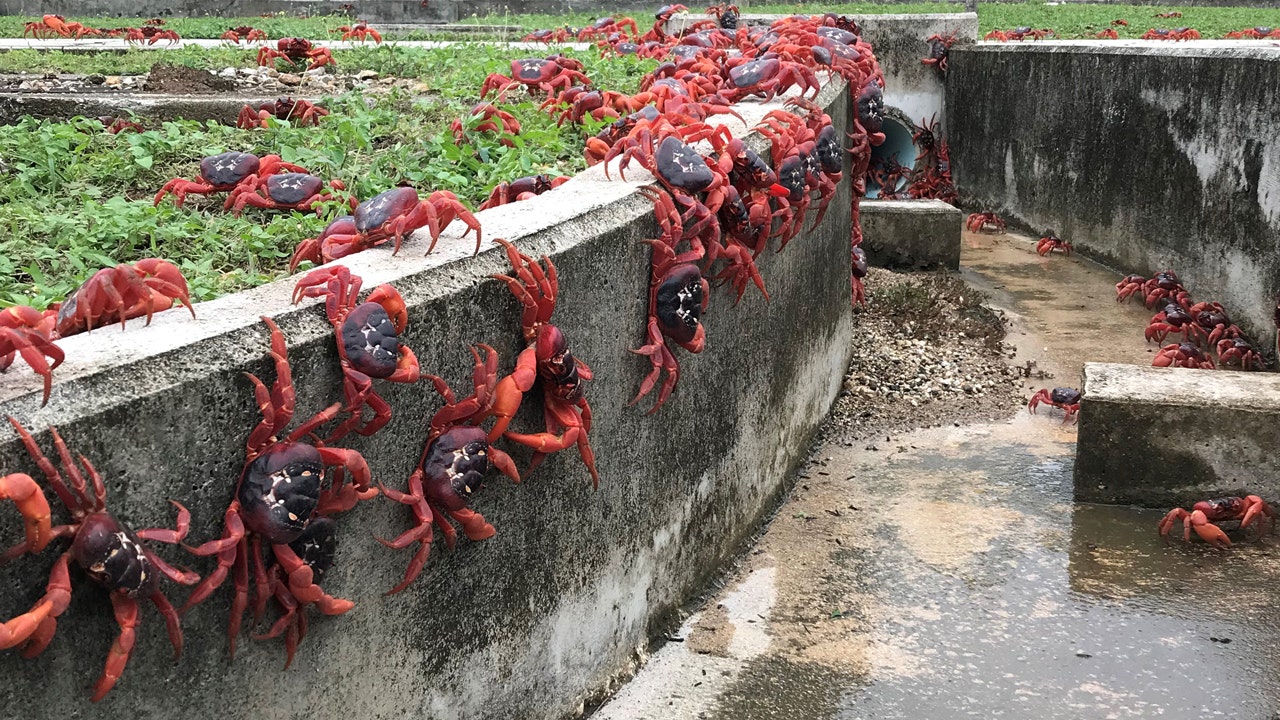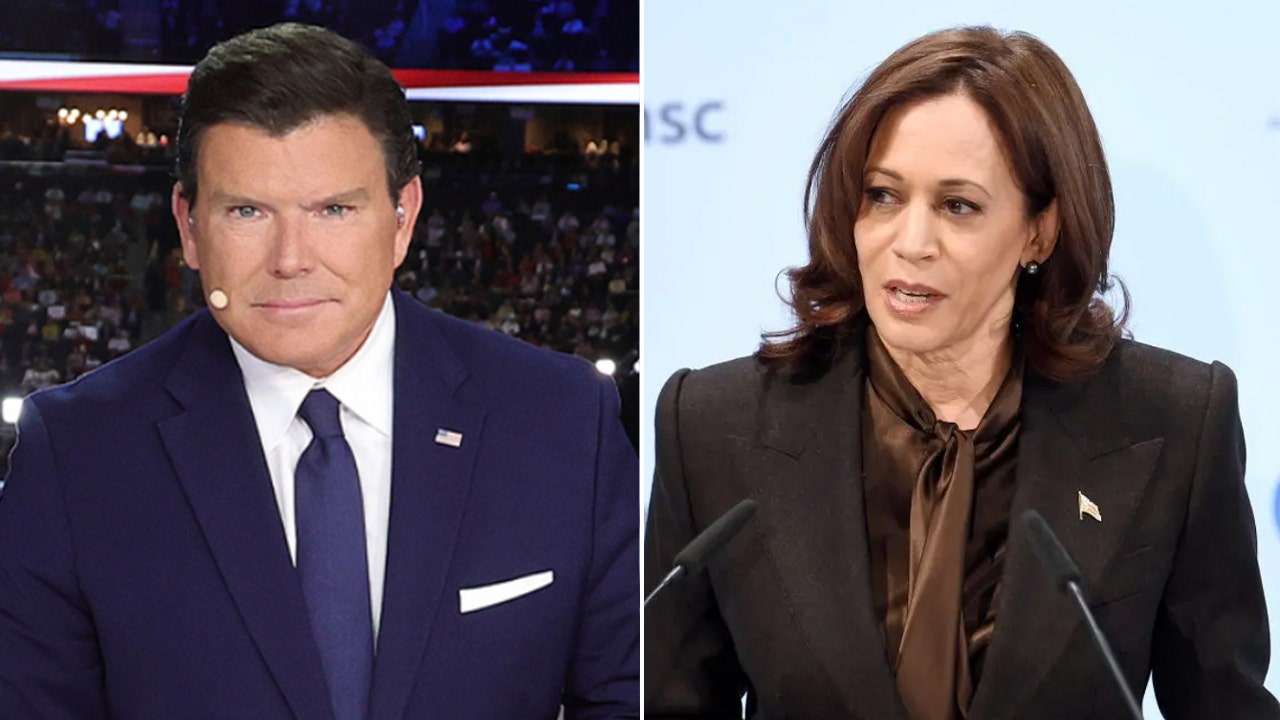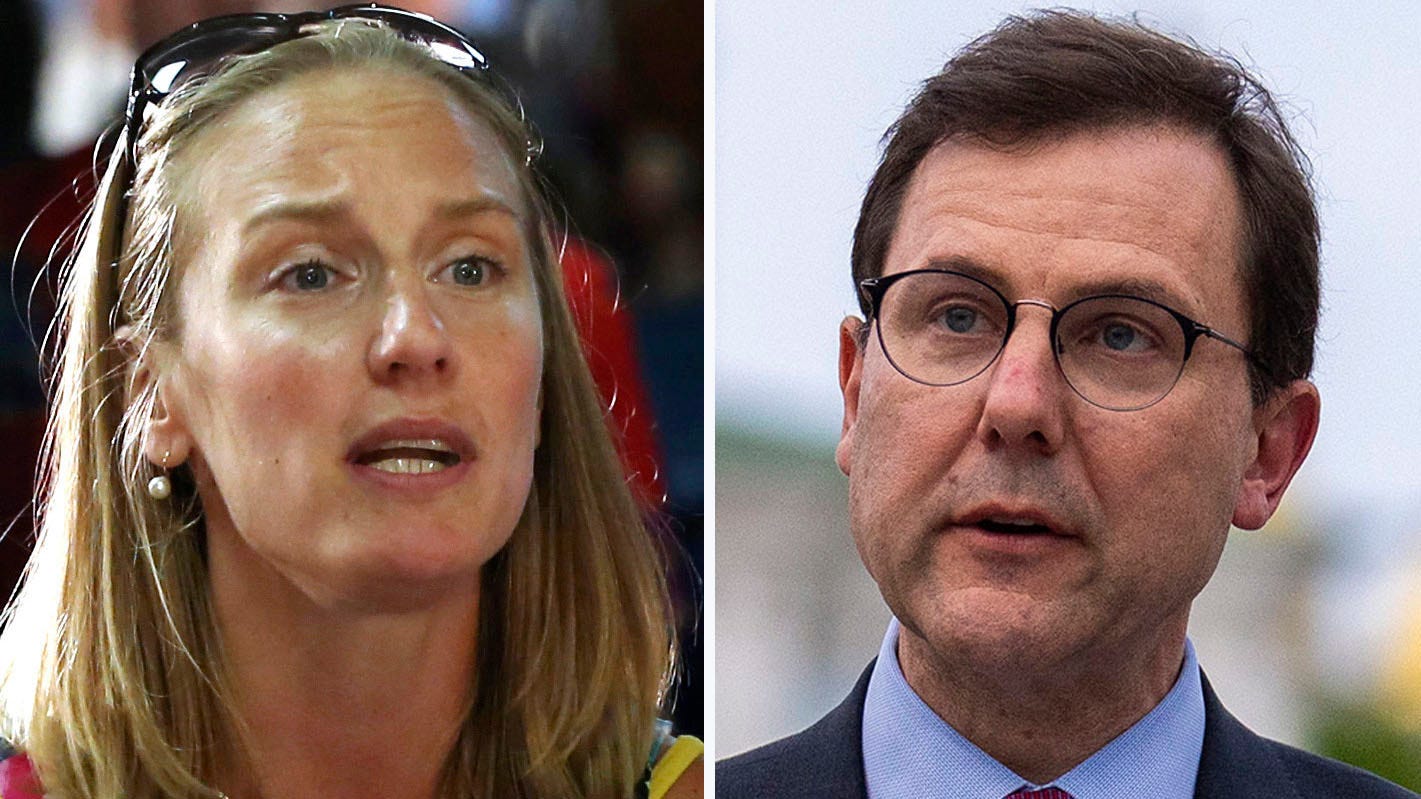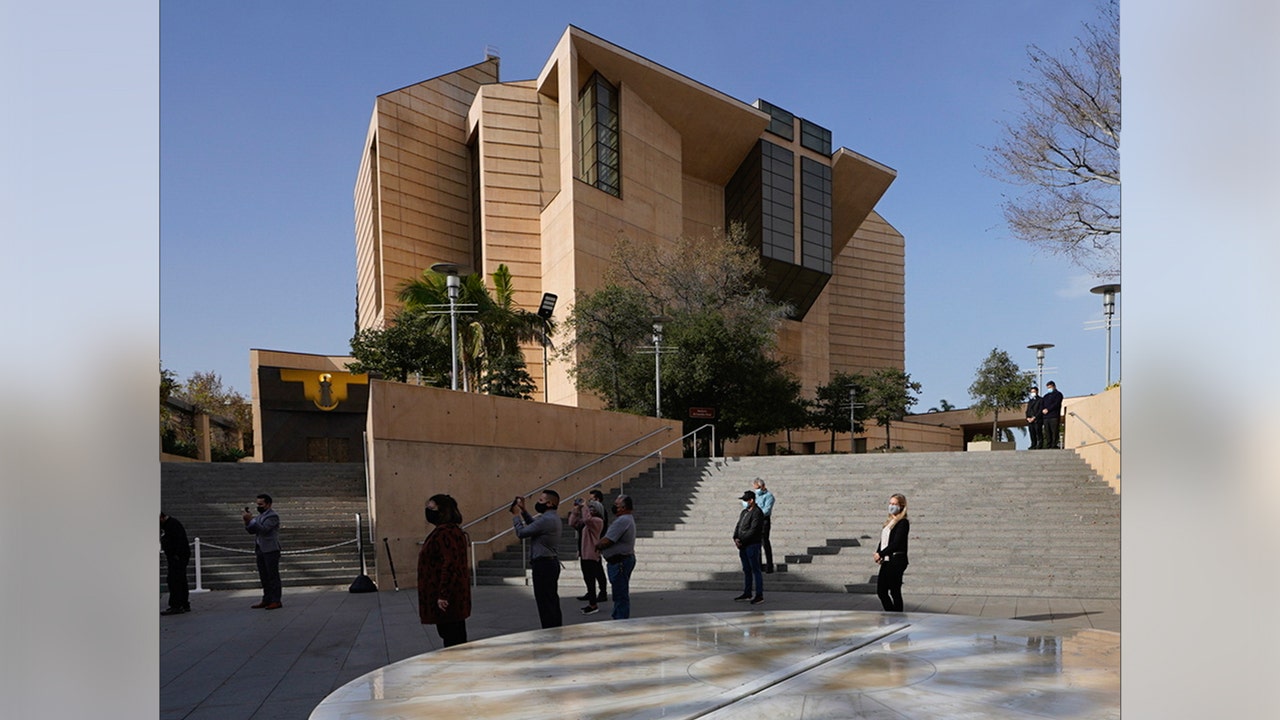
Tim Vickery, South America correspondentOct 17, 2024, 09:42 AM ET
Another topsy-turvy round of qualifiers in South American qualifying for the FIFA World Cup came to a close this week, taking the race for a place in the finals in 2026 past the halfway stage.
This marathon format, which sees all 10 countries play each other home and away, has proved to be a revolution in the continent's football since it was introduced in 1996. It's given the so-called lesser nations the kind of calendar that many take for granted -- regular games, guaranteed income, and the chance to invest in good coaches and in the youth setup.
The results are clear: Ecuador, who had never been to a World Cup, have now become regular qualifiers; Colombia enjoyed the best World Cup in their history by reaching the quarterfinals in 2014; as have Paraguay and Chile (with the exception of 1962, which they hosted.) Uruguay have returned to the game's top table, while Venezuela are no longer just making up the numbers.
These are mighty achievements. But going into the current campaign, there was a genuine concern, caused by the expansion of the World Cup. Previously, four teams qualified automatically, with the side finishing fifth going into a playoff with a country from another confederation. Now it is six plus one -- so only three nations miss out. The fear was that the 2026 qualifiers would drag on and turn into a long and meaningless parade, with many nations qualifying well before the final rounds.
It has not turned out that way. Ten rounds of the 18 have now been played, and the action has been gripping -- even if a few teams are having problems scoring goals. It remains fiercely competitive, with no such thing as an easy away game.
A nervy 12 months lies ahead for those in the middle of the table, with the last double-header coming in September next year. For those at the top, every match is an opportunity to hone a side in preparation for the tournament.
So who's looking good to be in the United States, Mexico and Canada in 2026, and who has work to do? Here's a quick report card on the 10 teams and their progress, ranked by their position in the table.
Argentina
1st place: 22 points (goal difference, +14)
GRADE: B+
Argentina went into the campaign with a huge advantage. All of the other teams were undercooked -- not one had played a competitive match under their coaches, while Lionel Scaloni's Argentina were battle hardened and coming off the high of winning the 2022 World Cup. It is hardly surprising, then, that they lead the pack, and there has been a feeling throughout it's an extended lap of honour in celebration of their triumph in Qatar -- to which they added the Copa América title in July.
Little has changed in the last two years. Ángel Di María has now retired from the international game, and he will be greatly missed. Nicolás Otamendi, meanwhile, is facing a challenge to his place at centre-back from Manchester United's Lisandro Martínez.
The house is still constructed around Lionel Messi. Will he still be there in 2026? It is an open question, with Scaloni saying that there is a place in the team for him as long as he wants it. With little more than a year and a half to go, it is looking more likely that he will play the next World Cup. That's despite him saying after Tuesday's 6-0 win over Bolivia that he's trying to savour every game because his playing days are almost over.
Three goals and two assists, in his first appearance at home this year, sent a message that he has put his injury problems behind him. It is probably just as well that Scaloni had a chance to look at other options when Messi has been missing. It's also worth bearing in mind the difficulty of the task in front of him. Not since 1962 has a country retained the World Cup, and no team has ever secured it on a different continent. Argentina are ticking over nicely, but will it be good enough for 2026?
Colombia
2nd: 19 (+7)
GRADE: A-
The team that missed out on the Qatar World Cup are already as good as qualified for 2026. They have suffered just one defeat -- everyone else has lost at least twice -- and that came away to Bolivia at extreme altitude. The only other game Colombia have lost under Nestor Lorenzo was the extra-time defeat to Argentina in the final of the Copa América.
Lorenzo is doing a splendid job. He has found a structure in which to house James Rodríguez, who is allowed to roam free, and whose contributions from open play and from set pieces are so important to the side. The James-Luis Díaz partnership is a winner, and the sudden emergence of Jhon Durán looks like the missing piece of the jigsaw.
A lack of goals was the main reason Colombia missed out on Qatar, and it has been a running problem. Durán looks like a superstar in the making, and is impressing off the bench for Aston Villa, giving a cutting edge to a Colombia team that are physically strong and well-drilled. Lorenzo is also bristling with interesting options off the bench.
Colombia have earned the right to dream of not only returning to the World Cup in 2026, but of being one of the tournament dark horses.
Uruguay
3rd: 16 (+7)
GRADE: C
At the end of last year, manager Marcelo Bielsa and Uruguay looked like the perfect marriage. Back in 2007, Bielsa took charge of Chile when they had an excellent generation coming through, and this job seemed similar. There was a need for renewal, and the resources to carry it out, with plenty of quality players who appeared suited to the coach's trademark high-energy style. And late in 2023, Uruguay beat both Brazil and Argentina with some authority, and were by some distance the top scorers on the continent.
They started the Copa América like a train, which then got derailed. Since the Copa they have not managed a goal in four rounds. Former player Luis Suárez made it clear that relations are not good inside the camp, with Bielsa's aloof nature being alienating -- backed up by some of the current players. It would seem that the time spent together during the Copa put a strain on relations, and it may be that the always eccentric Bielsa has reached an age where it is more difficult for him to relate to the players.
Bielsa has also had to put up with suspensions and injuries, and the loss of Barcelona defender Ronald Araújo to a long-term injury seems especially significant. Uruguay's fortunes changed for the worse the moment, half an hour into the Copa quarterfinal against Brazil, that Araújo limped off. His front-foot, quick and aggressive defending allows Uruguay to win the ball higher up the pitch, making it easier for the wingers and strikers. In the subsequent matches (more than 6½) Uruguay have only scored against Canada. Bielsa will hope to have Araujo back for crunch games next month against Colombia and Brazil, matches which will define the rest of the campaign.
Brazil
4th: 16 (+6)
GRADE: C-
Brazil were helped enormously by facing the two weakest teams -- Peru and Chile -- this month, giving them six points which have seen them climb up the table, boost morale and raise their grade. Up to that point they had been in shambles, and there is plenty of work ahead if they are to live up to the promise of coach Dorival Junior that they will reach the World Cup final.
Last year's coach was Fernando Diniz, ostensibly a stand-in while they waited for Carlo Ancelotti. The wait was in vain as Ancelotti committed to Real Madrid, and Diniz was a disaster -- his unorthodox methods required time on the training ground that is not available to an international coach.
Dorival Junior has been more steady since taking over in January, but in the crunch games his team still seem to be operating well short of their potential. Most countries would love to have Brazil's goalkeepers, centre-backs and wingers.
Midfield, though, is proving a problem, with the team struggling for fluency against opponents able to put them under pressure. There are hopes that the interesting Igor Jesus of Botafogo -- a relatively unknown figure playing the United Arab Emirates until just a few months back -- might be the solution at centre-forward, and much will be expected from the return of Neymar.
October's victories should have removed any doubts that Brazil will qualify. The task now, and it is a big one, is to build a side capable of bringing to an end the 24-year wait for world title No. 6.
Ecuador
5th: 13 (+2)
GRADE: B
Ecuador went into the campaign under Spanish coach Felix Sanchez, who had been in charge of Qatar at the last World Cup. The public never took to him, and he was sacked immediately after coming close to eliminating Argentina in the Copa América. His replacement, Sebastian Beccacece from Argentina, is now dealing with the same problems that made life hard for Sanchez.
Ecuador have an excellent group of young centre-backs and a fine midfielder in Chelsea's Moisés Caicedo. But the team have been too dependent for goals on Enner Valencia, who turns 35 in a few weeks and has been over-played in the last couple of years. There is a dearth of good young strikers -- a total of six goals in 10 qualifiers speaks for itself -- although Ecuador have conceded just four, and their only defeats have been single goal losses away to Argentina and Brazil.
They are carrying a three-point penalty -- the result of fielding a player, Byron Castillo, in the last campaign whose eligibility was questioned. Ecuador are not easy opponents for anyone, but unless they can score more goals, they could spend the rest of the campaign concerned about the consequences of that deduction.
Paraguay
6th: 13 (0)
GRADE: B-
Absent from the World Cup since their memorable quarterfinal against Spain in 2010, at one point Paraguay seemed to have no chance of making it to 2026. The mood has changed, though, since bringing in Argentina's Gustavo Alfaro, their third coach of the campaign, after the Copa América.
Alfaro did a splendid job taking Ecuador to the last World Cup. At his best with counter-attacking sides, he has quickly tightened up the defence. In the four games under his command, Paraguay have only conceded one goal. More importantly, they have picked up points -- two home wins and two away draws -- which have carried the side into the qualification positions.
Four goals in 10 games is a very poor return, and Paraguay have yet to find the net in an away game. But if Alfaro can get the best out of the speed of his Premier League trio of Julio Enciso (Brighton & Hove Albion), Miguel Almirón (Newcastle United) and Ramón Sosa (Nottingham Forest) then Paraguay could be back at the World Cup for the first time in 16 years.
Bolivia
7th: 12 (-10)
GRADE: B
Losing 6-0 to Argentina on Tuesday was cruel -- but the stadium back in Bolivia will almost certainly be full for the next home game, with the crowd believing that their team are on their way back to the World Cup for the first time since 1994.
Bolivia always looked likely beneficiaries of the World Cup expansion, since they usually pick up plenty of points in front of their own fans at the extreme altitude of La Paz. They got off to a disastrous start, but things have improved under Oscar Villegas, their third coach of the campaign. Part of this involves pushing home advantage as far as it will go -- even swapping their traditional home stadium for a new one even higher up the Andes. At over 4,000 metres above sea level, this makes things very tough for unacclimatised visitors.
Within a run of three straight wins -- all of them featuring goals by the 20-year-old Santos forward Miguel Terceros -- they registered their first away victory in World Cup qualification for 31 years. That historic 2-1 win in Chile raises their grade and it effectively means that, however heavy the defeat to Argentina, winning their remaining home matches should get Bolivia over the line.
Venezuela
8th: 11 (-2)
GRADE: B-
Chasing the dream of a World Cup debut, Venezuela are in for a fraught few months, with one hand on the calculator and the other on the phone number of the cardiologist. Once the whipping boys of South American football, this Venezuela team are now certainly competitive -- they even got a draw away to Brazil.
But there have been lots of draws, four in their last six matches, and no wins in that period -- slipping from fourth in the table to their current position, outside the qualification slots. Venezuela are inching their way towards the World Cup a point at a time, but they are vulnerable to the rise of Bolivia and Paraguay.
The big questions will now be posed. The team is dependent for goals on centre-forward Salomón Rondón of Pachuca. Is he now on the downward slope at the age of 35? Can coach Fernando Batista and his men keep their nerve under pressure? It is Venezuela's home record in Maturin which is keeping them in the hunt. Next month's match at home to Brazil is going to be huge.
Peru
9th: 6 (-11)
GRADE: E
There was an interlude under Ricardo Gareca between 2016 and 2021 when Peru found a groove, making it to one World Cup and falling just short of another. Since Gareca left, they have reverted to what they were for years before -- a fragile side unable to pick up points away from home. Gareca did remarkably well to get a song out of a group of players with little top-class talent. Subsequent coaches -- Uruguay's Jorge Fossati being the latest -- have been unable to replicate that success.
Fossati appears to be aiming for little more than solidity, and something more bold is now required. Peru have not even managed a goal away from home, and though they can build up a head of steam in Lima, they have only managed one win. Getting in contention for a World Cup place would probably need five wins from their last eight games, which would seem well beyond them.
Chile
10th: 5 (-13)
GRADE: F
Winning the 2016 Copa América in the United States is probably the greatest moment in Chile's footballing history. A decade on, they would seem to have no chance of going back to the scene of that triumph for the World Cup. Indeed, they have not made it to a World Cup since 2014. The problem of replacing a golden generation has proven insurmountable.
This year Chile turned to Ricardo Gareca to turn the ship round. Early friendlies raised hopes that he might be able to reproduce the success he enjoyed with Peru. But then Chile were bundled out of the Copa América without scoring a single goal, and since then there have been four consecutive defeats in World Cup qualification, including a disastrous loss at home to Bolivia. The campaign, then, has become an unmitigated disaster, and it's not clear where Chile go from here.
.png)
 German (DE)
German (DE)  English (US)
English (US)  Spanish (ES)
Spanish (ES)  French (FR)
French (FR)  Hindi (IN)
Hindi (IN)  Italian (IT)
Italian (IT)  Russian (RU)
Russian (RU)  2 hours ago
1
2 hours ago
1







Comments